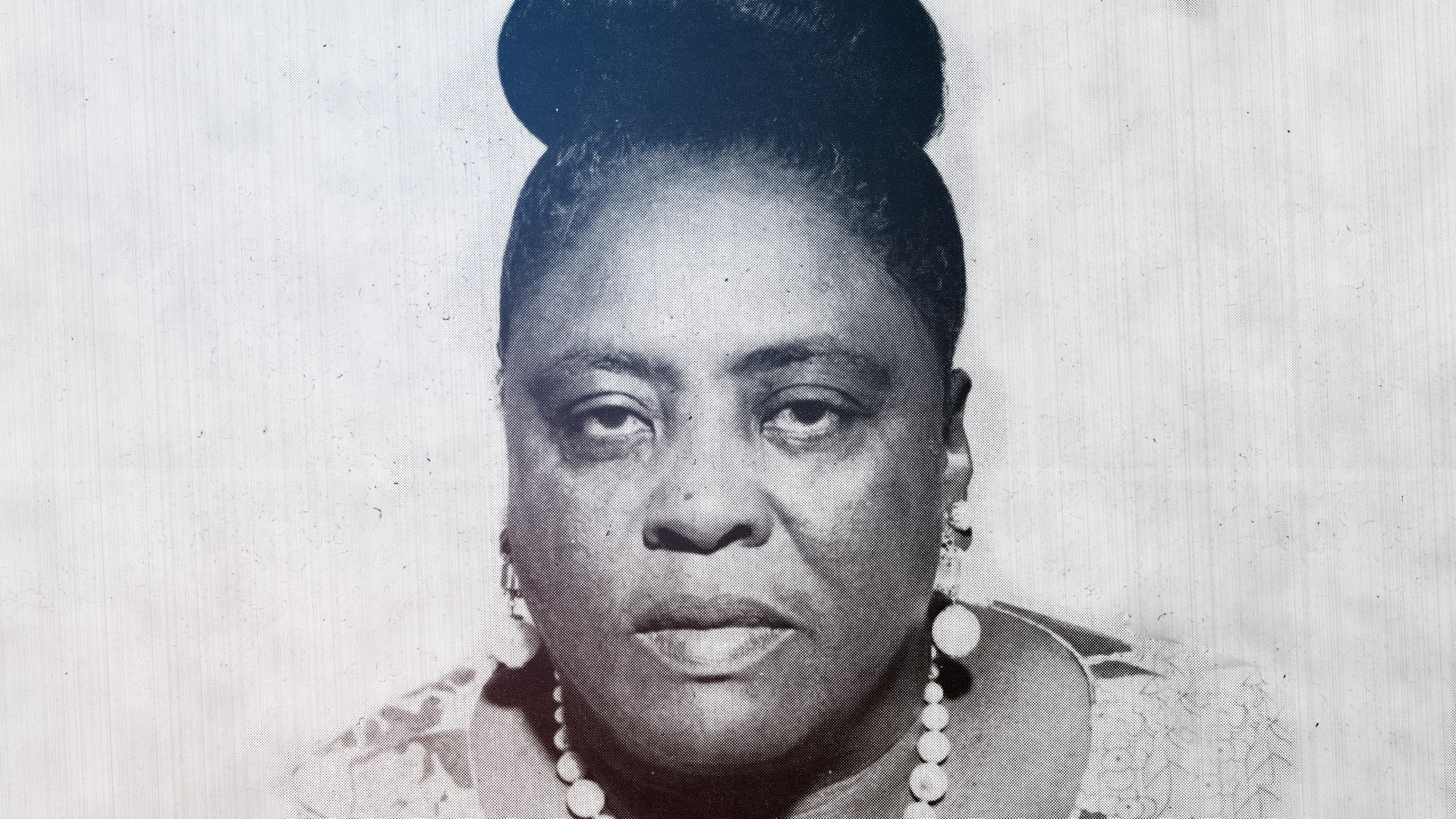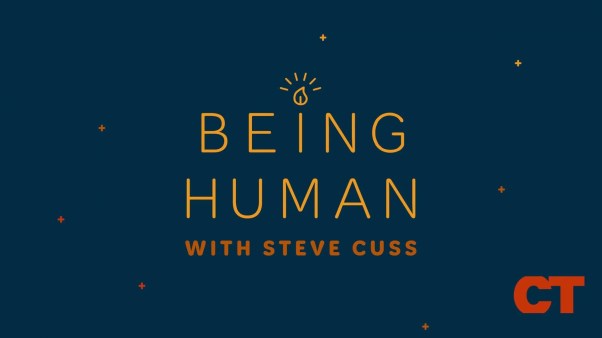As voting rights take center stage in America’s national conversation, a new biography of civil rights activist Fannie Lou Hamer speaks with special relevance.
Walk with Me, written by historian and biographer Kate Clifford Larson, serves at once as a history of the civil rights movement and a rebuke to ballot-restriction efforts sweeping the nation. Accessible and moving, Larson’s account offers history’s best gifts—context and complexity—to readers who want a better grasp of the trajectory of voting rights in our nation’s past.
America’s civil rights story often reads as the tale of great leaders, extraordinary unity, and heroic corrective legislation. But Hamer’s story demands that we rethink these narratives. Her life highlights the role of sharecroppers, women, students, and poor people who wanted, in her words, “to live as decent human beings.” Rather than marching together in unity, they struggled through deep and ongoing disagreements about the best way to achieve their goals, and they endured unspeakable danger and harassment. As for corrective legislation, Larson’s account demonstrates how new federal measures required unrelenting follow-up at the local level.
Born to Mississippi sharecroppers in 1917, Hamer seemed destined for a life that differed little from that of her parents. With only a sixth-grade education, she worked as a timekeeper on a cotton plantation in Sunflower County, Mississippi. Inspired by young people working with the Student Nonviolent Coordinating Committee (SNCC), Hamer took the first courageous steps on a new trajectory when she and other Sunflower County Blacks tried unsuccessfully to register to vote in the summer of 1962.
That simple and innocent effort exacted a high cost—she lost her job and her home. Hamer’s actions also set off reprisals against all Sunflower County Blacks who shared her vision of first-class citizenship and a better life. But intimidation only strengthened Hamer’s resolve to fight.
The most absorbing parts of Larson’s narrative describe the brutal beatings local authorities inflicted on Hamer and other activists in June 1963. Law enforcement officials in Winona, Mississippi, beat Hamer and four other women bloody. One of the men raped Hamer in addition to bludgeoning her. These events scarred all five women physically and emotionally—damage to Hamer’s left eye and kidneys lingered for the rest of her life. Typical of the time and place, the perpetrators paid no price for their crimes.
Beyond the right to vote, Black Mississippians craved the political representation long denied them. Achieving this goal meant cracking open the all-white Mississippi Democratic Party, which dominated the state’s politics and excluded Blacks. As part of the alternative Mississippi Freedom Democratic Party (MFDP), Hamer joined Black and white Mississippians in challenging the legitimacy of the regular delegation at the 1964 Democratic National Convention in Atlantic City, New Jersey.
Her testimony before the Credentials Committee at that convention catapulted her to national attention. Hamer held the room spellbound as she recounted her efforts to register to vote, the reprisals she and others suffered, and her beating the previous year. That is, until President Lyndon Johnson called an emergency press conference that drew news cameras and network coverage away from the charismatic Mississippi sharecropper.
The Mississippi Freedom Democratic Party’s challenge amounted to little in the moment. Still, a nation had heard the courageous and compelling voice of a sharecropper who wanted full citizenship rights and had suffered mightily to attain them. Going forward, the Democratic Party adopted a tone and strategy less conciliatory toward white Southerners, who began their long pilgrimage toward the Republican Party.
Hamer’s compelling persona, rich singing voice, fiery speeches, and steely commitment made her vital to ongoing civil rights efforts in Mississippi. As a person of deep Christian faith, she galvanized other Mississippi Blacks to join the struggle. She also criticized Black ministers who, for fear of losing white patronage or provoking violent reprisals, kept civil rights activity at arm’s length. She ran unsuccessfully for Congress and for the state senate, participated in voter registration drives, hosted a steady stream of civil rights workers in her home, and joined the 1966 March Against Fear.
Raised in grinding poverty, Hamer also devoted herself to improving life for impoverished Mississippians. She ran a food and supply distribution center and founded a “pig bank” that gave away pregnant sows to needy rural families. But Hamer seems not to have escaped poverty herself. Near the end of her life, she underwent a mastectomy as part of treatment for the cancer that would eventually kill her. Unable to afford a prosthesis, she stuffed her bra with socks until a friend came through with the money.
Larson’s narrative emphasizes the extraordinary violence white Mississippians visited on those who fought for their rights. Beyond the infamous deaths of three civil rights workers during the summer of 1964, activists suffered job loss, beatings, church burnings, drive-by shootings, and harassment from local officials—including heavy and arbitrary fines and traffic stops.
Walk with Me also highlights the deep cleavages among and within different civil rights organizations. The priorities and strategies favored by poor Black Mississippians did not always mesh with those embraced by middle-class Blacks and high-profile leaders. Young people impatient with the pace and nature of change often rejected compromise and sought a more radical agenda. NAACP director Roy Wilkins scorned Hamer for her ignorance and poor grammar. She reciprocated his disdain, criticizing the organization as “the National Association for the Advancement of Certain People,” for its elitism and top-down operations.
But such tensions did no lasting damage to Hamer’s reputation, and the nation’s leading civil rights figures eulogized her when she died in March 1977. The current generation can best honor her by taking inspiration from her life and fighting to preserve the rights she suffered to attain for herself and others.
Carolyn Renée Dupont is professor of history at Eastern Kentucky University. She is the author of Mississippi Praying: Southern White Evangelicals and the Civil Rights Movement, 1945–1975.










